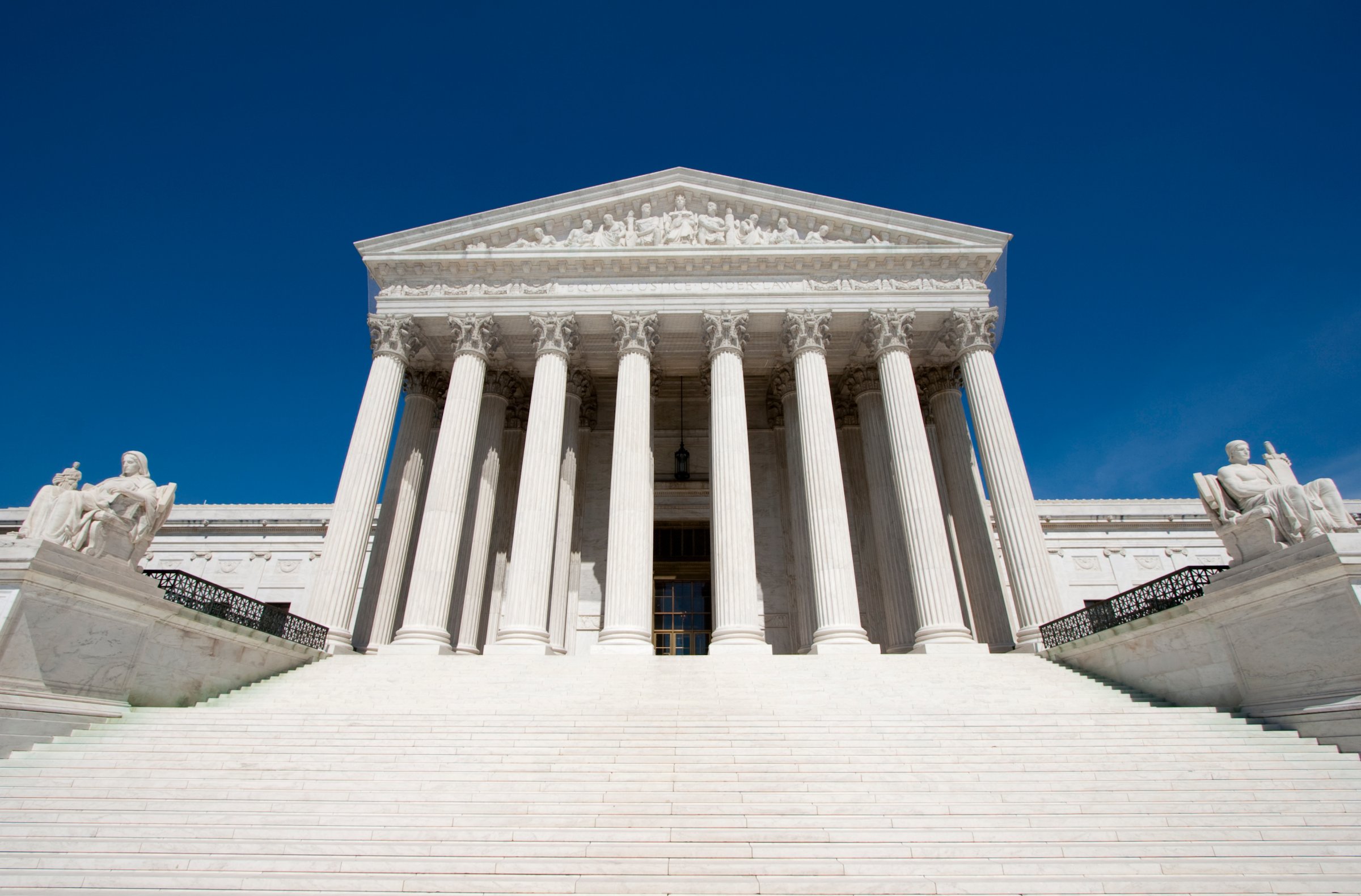
No prosecutor, defense attorney, or judge should inject—or allow for the injection of—racial fears and stereotypes about the dangerousness of black men into a jury determination about whether a specific black man should live or die. And no court should uphold a death sentence where the jury was invited to sentence a man to death because of his race.
But that’s precisely what happened in the case of Duane Buck.
When Buck was on trial for the murders of two people in Harris County, Texas, in 1997, his own trial attorneys presented an “expert” witness who testified that Buck was more likely to be dangerous in the future because he is black. The prosecutor urged the jury to rely on this racially charged testimony to find that Buck deserved a death sentence, and the trial judge allowed the presentation of this evidence and argument without comment. Buck was sentenced to die.
The Supreme Court stayed his execution in 2011 but denied his appeal for a re-trial. At the time, U.S. Supreme Court Justice Samuel Alito characterized this race-based testimony as “bizarre and objectionable” but said it should not be re-tried since the witness was elicited by the defense lawyers. Writing the dissent, U.S. Supreme Court Justice Sonia Sotomayor declared that Buck’s death sentence was “marred by racial overtones” that “our criminal justice system should not tolerate.”
Nothing has been done to right this wrong. That can change if Texas or the U.S. Supreme Court agrees that the extraordinary unfairness in this case must be addressed. Buck’s petition is expected to be conferenced by the U.S. Supreme Court on April 22.
No constitutional principle is more fundamental than the imperative that racial discrimination play no role in a criminal trial. This is especially true where, as here, the death penalty is at issue.
When the U.S. Supreme Court looks closely at Buck’s case, it will see what former Texas Attorney General (and current U.S. Senator) John Cornyn, saw in 2000, when he conceded that a jury’s consideration of expert testimony linking race to dangerousness violates the constitution.
Cornyn scoured Texas’s death row, identified the six cases—including Buck’s—where such testimony was presented, and promised that in each of those cases, Texas would set aside its objections and admit that the death sentences were unconstitutional. Texas kept its promise and all the identified defendants—except Buck—have received new, color-blind sentencing hearings.
Texas has never explained its failure to keep its promise in Buck’s case. The argument that Buck’s case is different because his own attorneys introduced the false and racially biased testimony is dishonest. The same “expert” was also a defense witness in two of the other cases in which Texas conceded constitutional error and allowed a new sentencing hearing.
I know something about the death penalty. As Governor of Texas, I oversaw 19 executions. It is clear to me that the right thing to do in this case is ensure that Buck receives a new, fair sentencing hearing.
But don’t just take my word for it. Ask former Harris County Assistant District Attorney, Linda Geffin, one of Buck’s trial prosecutors. She has called for a new sentencing, stating: “No individual should be executed without being afforded a fair trial, untainted by considerations of race.”
Or ask the surviving victim of the crime, Phyllis Taylor, who has said he has forgiven Buck and does not want him to be executed.
Or ask Cornyn, who promised that the death sentenced prisoners subject to this “expert’s” testimony would receive a new, fair sentencing hearing where race is not a factor.
Or ask the more than 100 civil rights leaders, elected officials, clergy, former prosecutors and judges, and past presidents of the American Bar Association who agree that Buck must be treated like the other defendants who were granted new sentencing hearings.
Our country is currently grappling with the unfair role that racial bias too often plays in our criminal justice system. Growing numbers of people are recognizing that racial discrimination seriously undermines public confidence in our system’s fairness and accuracy.
While Buck’s case is an unusually egregious example, it offers the opportunity to show that the people of the State of Texas do not tolerate unfairness and injustice. Texans are strong, and there are few actions more powerful than admitting a mistake and fixing it.
Now, more than ever, Buck must be given a new, fair sentencing hearing that is free from the toxic effects of discrimination. It’s time for this mistake to be fixed.
More Must-Reads from TIME
- Why Biden Dropped Out
- Ukraine’s Plan to Survive Trump
- The Rise of a New Kind of Parenting Guru
- The Chaos and Commotion of the RNC in Photos
- Why We All Have a Stake in Twisters’ Success
- 8 Eating Habits That Actually Improve Your Sleep
- Welcome to the Noah Lyles Olympics
- Get Our Paris Olympics Newsletter in Your Inbox
Contact us at letters@time.com